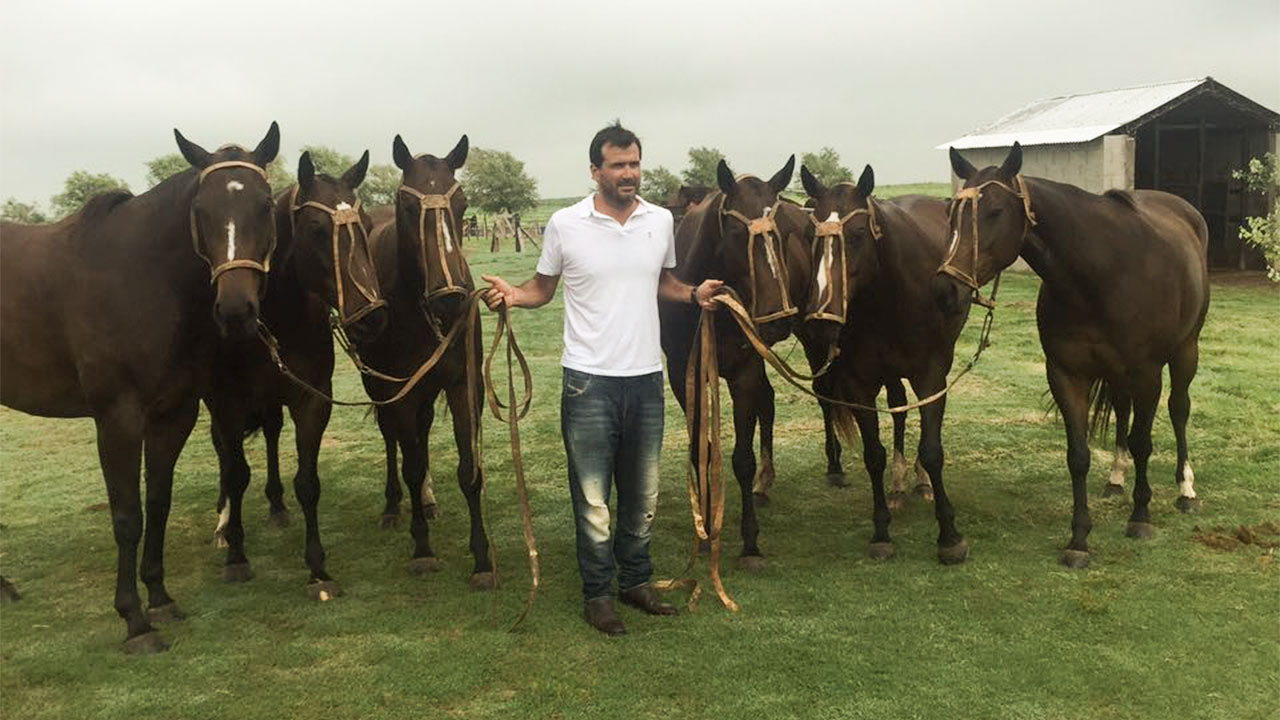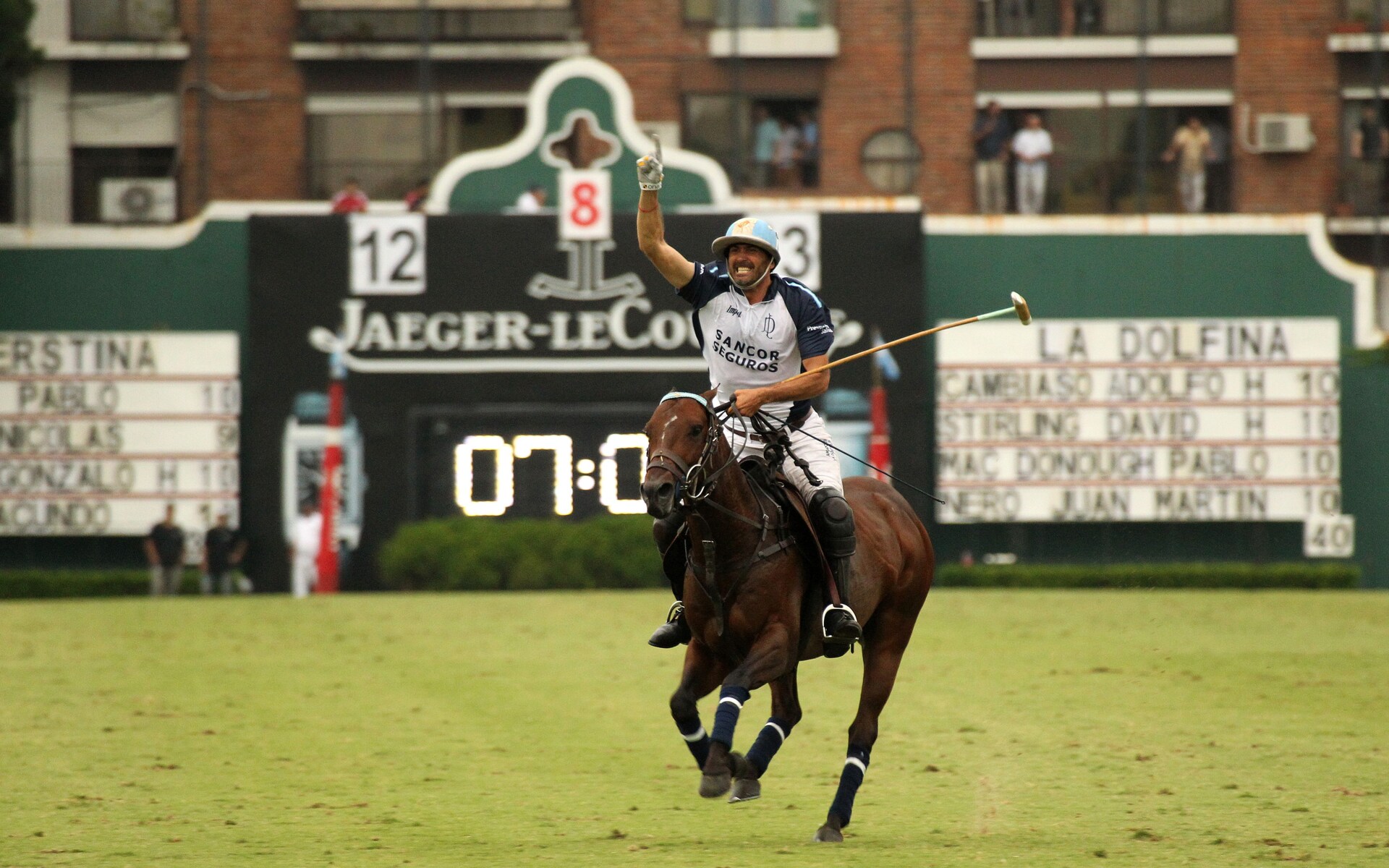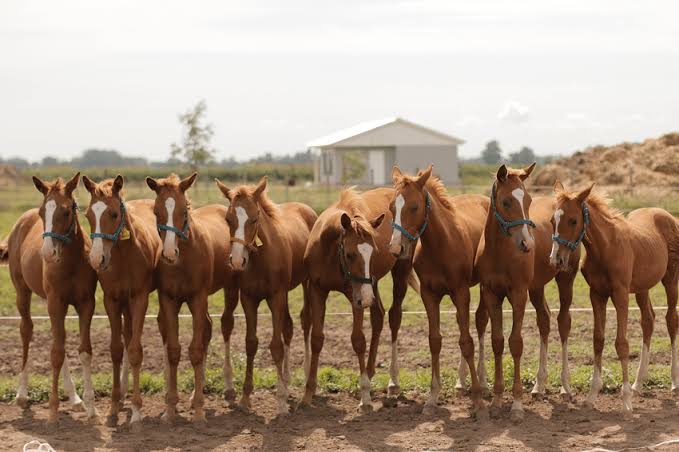Revolutionizing Polo: The Fascinating World of Horse Cloning
In the world
of polo, where skill, strategy, and the partnership between player and horse
are essential, advancements in technology have taken the sport to unprecedented
heights. One such groundbreaking innovation is horse cloning, a practice that
has captured the attention of polo enthusiasts worldwide. At the forefront of
this revolutionary development is the legendary polo player, Adolfo Cambiaso,
whose involvement has sparked intrigue and curiosity. In this blog, we explore
the intriguing world of horse cloning and Adolfo Cambiaso's role in shaping
this new chapter in polo history.
Understanding
Horse Cloning:
Horse cloning is a cutting-edge biotechnological process that involves creating an exact genetic replica of a horse. It starts with collecting genetic material, usually through a small skin sample, from a champion polo horse or any equine with exceptional attributes. The genetic material, containing the horse's DNA, is then transferred into an egg cell that has had its genetic material removed. Through a series of complex procedures, the embryo is implanted into a surrogate mare, where it grows and develops, eventually giving birth to a cloned foal genetically identical to the original horse.

Adolfo
Cambiaso: The Iconic Polo Player:
Adolfo Cambiaso, often hailed as the greatest polo player of all time, has left an indelible mark on the sport. Known for his exceptional talent, strategic brilliance, and a remarkable bond with his horses, Cambiaso's legacy in polo is unrivaled. Throughout his illustrious career, Cambiaso has continuously pushed the boundaries of the sport, showcasing his mastery and redefining what is possible on the polo field.
 Adolfo Cambiaso winning the Argentine Open in 2017 with his favourite horse, Cuartetera
Adolfo Cambiaso winning the Argentine Open in 2017 with his favourite horse, Cuartetera
The
Introduction of Clones in Polo:
Cambiaso was a trailblazer in the world of horse cloning, collaborating with
Alan Meeker, a devoted polo enthusiast from Texas and the founder of Crestview
Genetics. Alongside the skilled biologist Adrian Mutto and Argentine tycoon
Ernesto Gutiérrez, they embarked on a remarkable journey of cloning. Their
focus was on Cuartetera, Cambiaso's beloved 17-year-old mare, whose genetic
material was used to create multiple clones. These clones of Cuartetera played
a crucial role in Cambiaso's triumph at the prestigious Argentine Open in 2017,
showcasing the potential and significance of horse cloning in the realm of
polo.
Controversy
and Advancements:
While horse
cloning has opened up new possibilities in polo and the equine world, it has
not been without controversy. Critics argue that cloning may lead to a loss of
genetic diversity, potentially limiting the gene pool and raising ethical
concerns. On the other hand, proponents emphasize the significant advancements
in equine genetics and the potential to preserve invaluable bloodlines and
performance attributes.
A Legacy
for the Future:
As Adolfo
Cambiaso continues to make history on the polo field, his involvement in horse
cloning adds another dimension to his legacy. Through this pioneering endeavor,
Cambiaso is not only ensuring the continuation of exceptional equine genetics
but also contributing to the evolution of polo and equestrian sports as a
whole.
The
Future of Horse Cloning in Polo:
As technology continues to evolve, the possibilities for horse cloning in polo are virtually limitless. The ability to replicate exceptional polo horses holds immense potential for improving the overall quality and competitiveness of the sport. However, careful consideration, responsible use, and collaboration between experts in the field will be crucial to strike a balance between progress and ethical concerns.

Conclusion:
Horse
cloning, a groundbreaking technological advancement, has made its mark on the
world of polo, thanks in part to the involvement of the legendary Adolfo
Cambiaso. As this revolutionary technology continues to reshape the landscape
of equine sports, it sparks debates, challenges norms, and paves the way for a
new era in polo. Whether it's met with enthusiasm, skepticism, or a blend of
both, one thing remains certain – horse cloning has brought a new level of
fascination and intrigue to the timeless sport of polo, and its impact is
destined to shape the future of the sport for generations to come.
